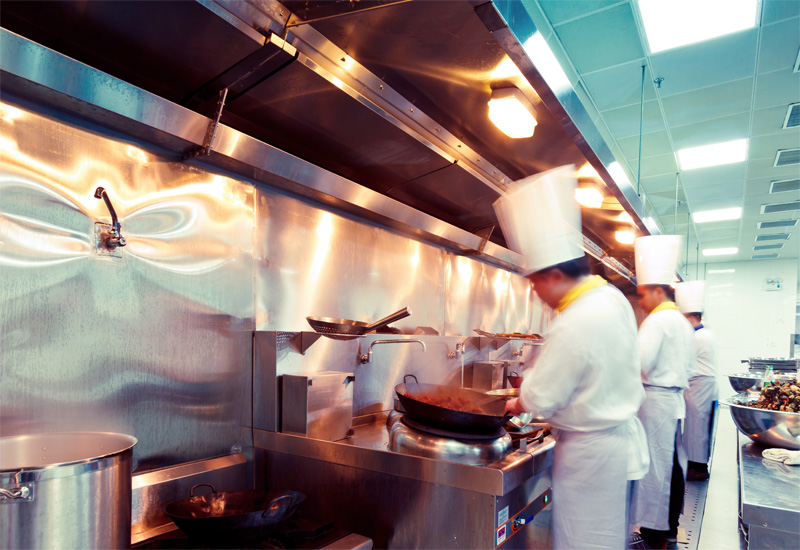 Does the Middle East have the volume and consistency in its F&B to justify the arrival of international ratings?
Does the Middle East have the volume and consistency in its F&B to justify the arrival of international ratings?
IS THERE AN AUDIENCE FOR IT?
But is the audience there for such ratings? Khan isn’t so sure. He says: “In order to justify a Michelin publication specific to the region I would imagine a wide variety of high quality establishments would be needed as well as local consumers who would utilise the guide; I believe across the Gulf there are now a high number of restaurants which would qualify to be mentioned in the guide, however the Gulf is very transient and I am not sure whether the region would have enough stability within the local community to attract and retain a sustainable customer base.”
Fraser-Smith says that one of the missing elements in the dining culture in the region is a completely independent, internationally recognised reviewing system for restaurants that not only provide the highest accolades but constructive criticism as well.
“Dubai is moving on from the perpetual brand importation to a more locally focused development of cutting edge F&B. International chefs are choosing Dubai to set up completely new offerings outside their existing stables of concepts, and local restaurant developers are looking new and exciting concepts that cater to more than just the culinary senses. This is where the food direction needs to move in order to justify, and more importantly qualify for, an international rating system such as Michelin.”

| Advertisement |
Zeitoun, however, thinks Dubai is ready. “Dubai has without a doubt hit the standards needed for the Michelin star guide to enter the city.
What helped achieve this status is not only the top-quality restaurants that opened their doors to eager gourmands in recent years, but also the local environment which created a friendly medium for business through regulations, trade zones, ease of travel, tourist attractions, and general infrastructure. Where else in the Middle East can you go and find an outpost for the legendary, three Michelin-star Pierre Gagnaire?”
Biles agrees and says he believes that if there is one area where Michelin guides are missing, it is the Middle East, especially cities such as Dubai and Abu Dhabi. “We could easily have one book referencing restaurants from Dubai and Abu Dhabi together, based on the model we have found in Spain/Portugal or Hong Kong /Macao.”
CAN IT HELP THE REGION?
Khan says: “With the Expo 2020 and World Cup 2022 I would have to say that the Middle East is definitely becoming a hot spot for tourism; the addition of a Michelin guide could be well timed if introduced in the near future.”
He adds: “International ratings can only help the local industry as being recognised as a serious contender for cuisine. We can clearly see that the Gulf is developing into a destination for both business and leisure therefore acquiring international recognition for gastronomy would certainly support the region in becoming a travel hotspot.
Also, many expats who reside within the Middle East generally opt to travel away to see family and friends; it would be good to see this reversed by attracting more family and friends to travel into the region to visit instead.”
Biles agrees: “Having international ratings will definitely bring more connoisseurs’ eyes to the region, bring more competition and push everyone to increase the level of service and high quality of food.”
Fraser-Smith also concurs with Khan and Biles. “An international ratings system will ultimately recognise a new the city or region as playing on the same culinary fields as the established ones. It brings healthy competition and quintessentially lifts standards in service and delivery as the chef, restaurateur and operator will never know when or if they will be reviewed.”
However Zeitoun cautions: “Getting international ratings will certainly help many F&B establishments be set apart from the rest, but will also hurt others that will be lowly-rated. It will put into perspective the difference between top F&B establishments and ones that aspire to be labelled as such.”
Article continues on next page ...








 Search our database of more than 2,700 industry companies
Search our database of more than 2,700 industry companies









